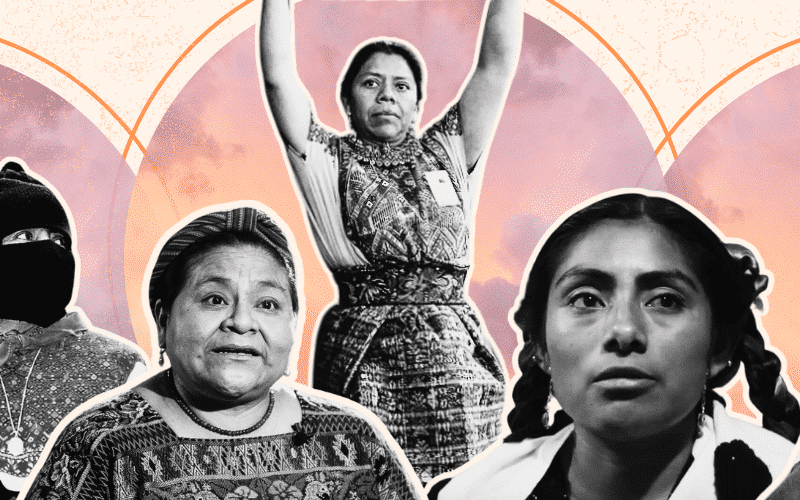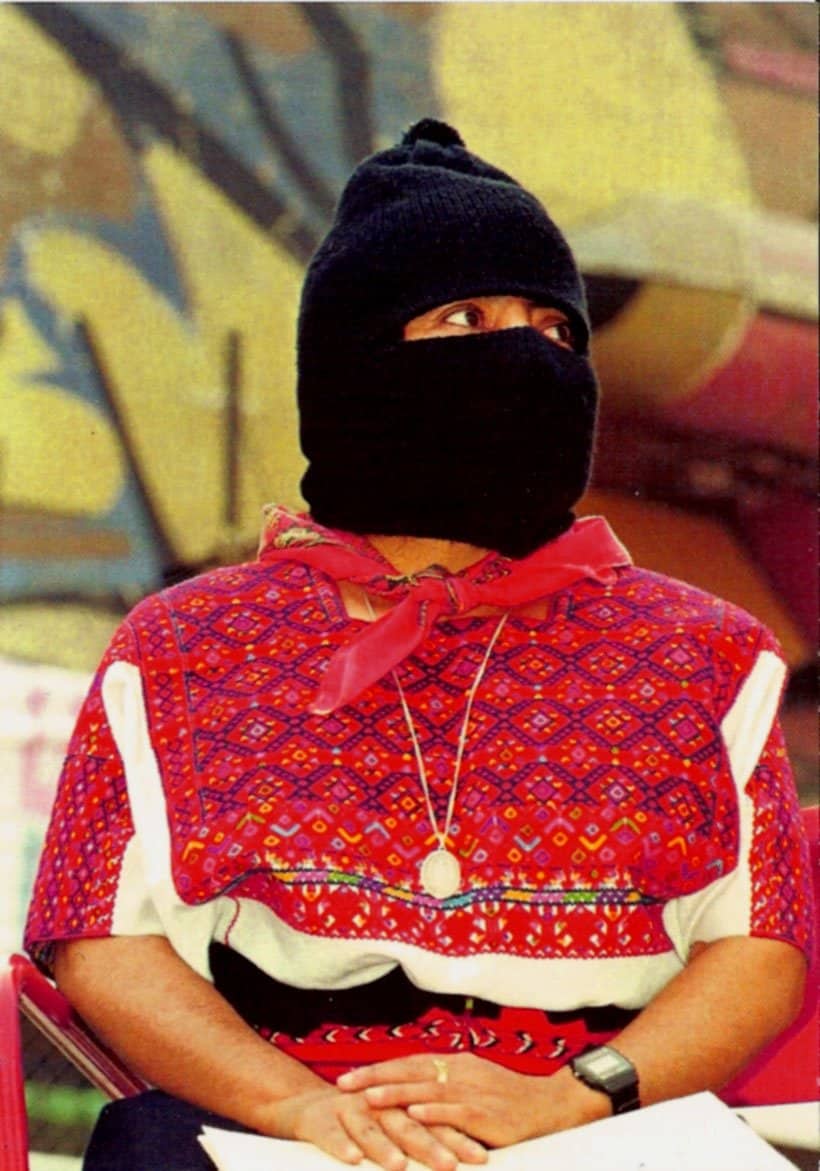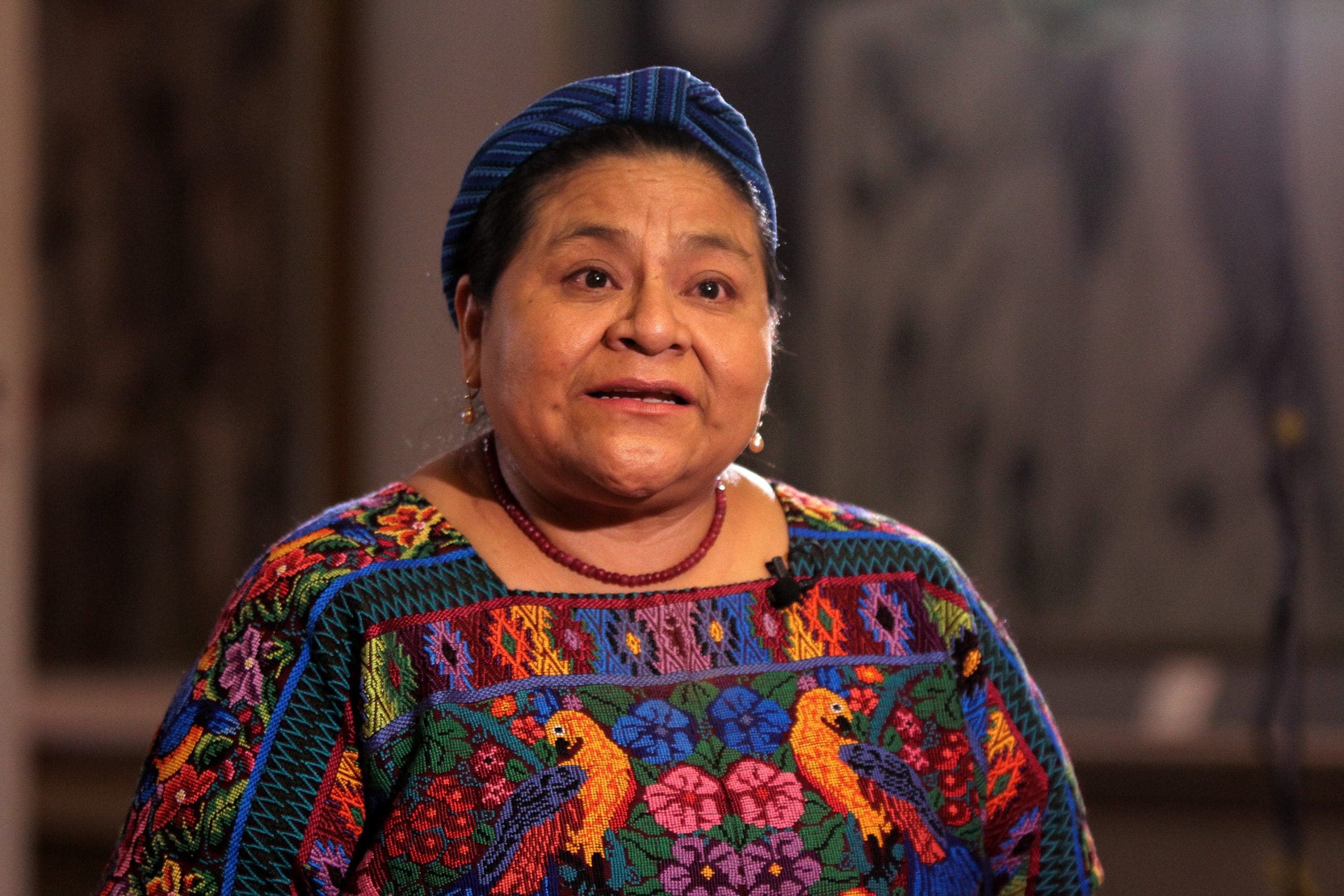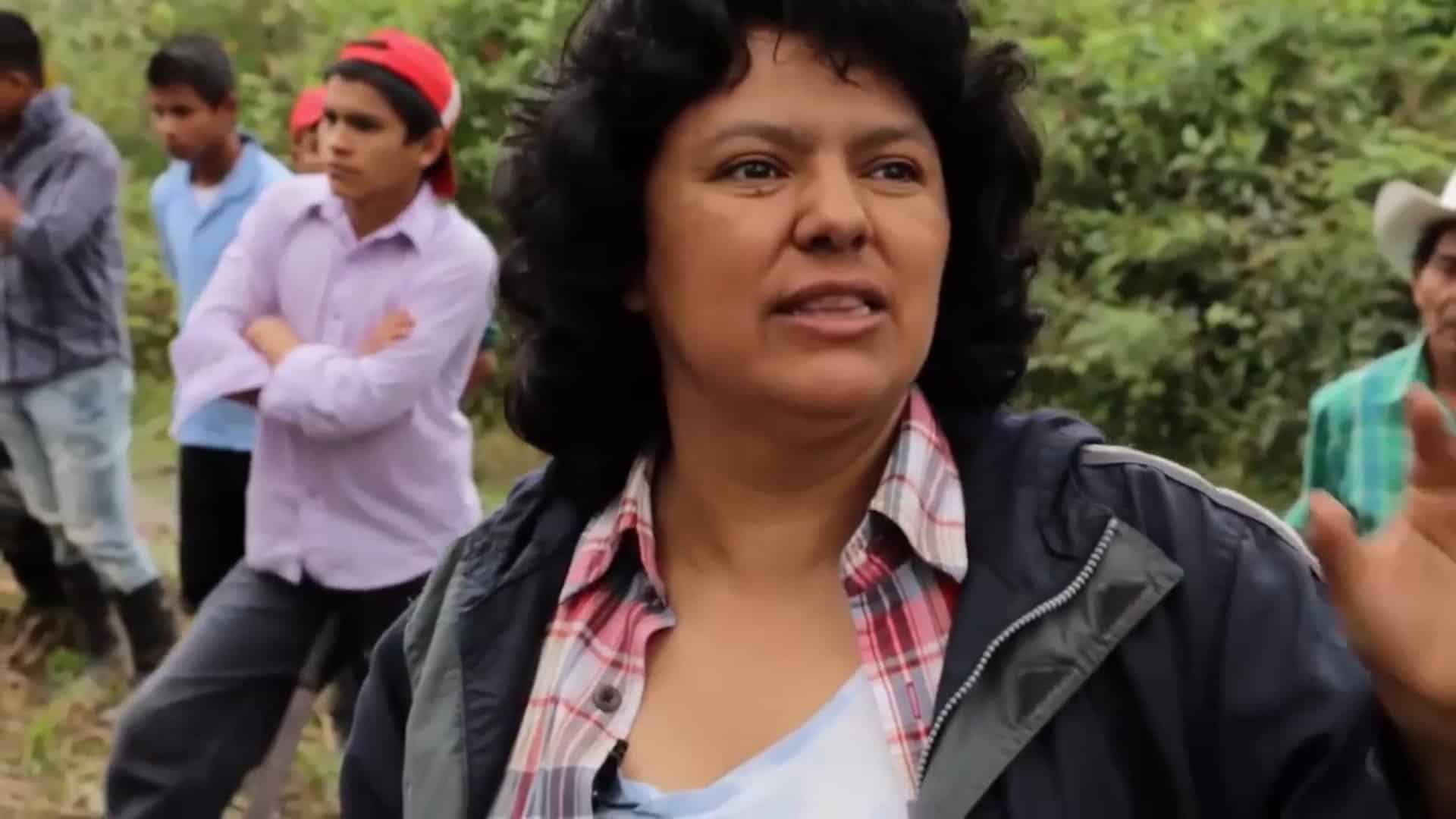Six Latin American Indigenous Women Activists You Probably Didn’t Know About
To celebrate Indigenous Peoples’ Day, we’re highlighting six incredible Latin American Indigenous women activists committed to justice and equality.

The world has seen countless inspiring women rise to fight for justice and equality, particularly for marginalized and oppressed communities. Their tireless advocacy has brought much-needed attention to issues such as women’s and Indigenous rights, environmental justice, and preserving Indigenous knowledge and culture.
Despite their challenges and obstacles, these Latin American Indigenous women serve as powerful role models and reminders of the transformative potential of grassroots activism. Let’s take a closer look at their extraordinary lives and legacies:
Comandanta Ramona

Comandanta Ramona, born in 1959 in a Tzotzil Maya community in the highlands of Chiapas, Mexico, was a founding member of the Zapatista Army of National Liberation (EZLN), based in the same region. She served as a spokesperson for the group and came to represent the Indigenous resistance movement.
But Ramona’s impact extended far beyond her leadership role within the EZLN. As a woman in a male-dominated organization, she challenged gender norms and fought tirelessly for gender equality. She spoke out against gender-based violence and worked to empower women in Indigenous communities, advocating for their participation in decision-making processes and establishing women’s cooperatives.
Ramona’s contributions to the Zapatista movement were groundbreaking. She helped establish the Revolutionary Law of Women, recognizing women’s contributions to the struggle for Indigenous rights and granting them equal rights. She paved the way for women’s leadership within the movement through her efforts.
Ramona’s legacy as a feminist and Indigenous leader continues to inspire activists and social justice movements worldwide. Although she passed away in 2006 after battling cancer, her spirit lives on in the struggle against oppression, injustice, and discrimination.
Rigoberta Menchú

Rigoberta Menchú, a Nobel Peace Prize laureate and K’iche’ Maya woman from Guatemala, has dedicated her life to advocating for women’s and Indigenous rights. Growing up in a family of Indigenous peasants, Menchú experienced firsthand the discrimination and poverty that Indigenous communities face.
Menchú became involved in social justice movements at a young age and joined the Committee of Peasant Unity. This group fought for land rights and the empowerment of Indigenous communities. During Guatemala’s civil war, she spoke out against government-sanctioned violence and human rights abuses, becoming a prominent voice for Indigenous women’s rights.
Menchú’s groundbreaking book “I, Rigoberta Menchú,” published in 1983, chronicled her experiences growing up as an Indigenous woman in Guatemala and the struggles faced by her community. The book became an international bestseller, spotlighting Indigenous issues and women’s rights in Latin America.
Menchú’s advocacy and activism earned her numerous accolades, including the Nobel Peace Prize in 1992. But her work is far from over. She continues to fight for the rights of Indigenous people and women, advocating for issues such as access to healthcare and education, and raising awareness about domestic violence and sexual assault.
Lolita Chávez Ixcaquic

Lolita Chávez Ixcaquic, a K’iche’ Maya woman from Guatemala, is a prominent voice in the global fight for environmental and Indigenous rights, defending their land and natural resources against exploitation and destruction.
But her activism has not come without challenges. As a woman in a patriarchal society, Chávez Ixcaquic has faced discrimination, violence, and even death threats for her tireless efforts to promote justice and equality.
But despite these challenges, she has worked to raise awareness about Indigenous women’s obstacles, including gender-based violence, discrimination, and lack of access to healthcare and education. She was a finalist for the prestigious Sakharov Human Rights Prize and was awarded the Romero Human Rights Award for her environmental and Indigenous rights activism.
Chávez Ixcaquic’s leadership has been crucial in promoting greater participation of women in decision-making processes and leadership positions within Indigenous communities. She has served as a mentor and role model for young Indigenous women, inspiring them to become activists and advocates for their communities.
Guadalupe Vázquez Luna

Guadalupe Vázquez Luna is a Mexican activist, artisan, and councilwoman who represents the Tzotzil people in the National Indigenous Congress and is a survivor of the Acteal massacre.
Despite the devastating impact of losing her parents and five siblings in the Acteal massacre, Guadalupe persevered with tenacity and determination. Despite the rampant machismo in her community trying to hold her back, she completed her elementary and secondary education.
Her activism aims to achieve justice for her people, fight against so-called “death projects,” and bring attention to the region’s problems. On International Women’s Day 2018, Vázquez Luna led a group of women from Las Abejas in a protest against the military presence in their communities. She confronted soldiers at the military barracks in Majomut, Chenalho, with a powerful message of unity and respect.
Vázquez Luna’s story and that of Las Abejas de Acteal are told in the documentary “Lupita. Que retiemble la tierra,” directed by Mónica Wise and Eduardo Gutiérrez Wise in 2019, provides insight into different facets of her life, such as being a mother, a fearless activist, an orator, and a leader.
Berta Cáceres

Berta Cáceres was a Honduran environmental and Indigenous rights activist who fought for the rights of women and Indigenous communities in Honduras.
As a member of the Lenca Indigenous community, Cáceres was a prominent leader in the struggle against large-scale development projects that threatened Indigenous lands and resources. She founded the Civic Council of Popular and Indigenous Organizations of Honduras (COPINH), a grassroots organization that advocated for Indigenous rights and environmental justice.
She advocated for the inclusion of women in leadership positions within Indigenous communities and called for greater participation of women in decision-making processes. Cáceres also supported the creation of women’s cooperatives and other initiatives to empower women and promote economic development in Indigenous communities.
In 2016, unknown gunmen assassinated Cáceres in her home, sparking international outrage. Her death was widely seen as a result of her activism and the threats she faced for her work defending Indigenous and environmental rights.
Despite her tragic death, Cáceres continues to inspire activists and Indigenous communities worldwide to fight for justice, equality, and the protection of their lands and resources.
Leydy Pech

An Indigenous Mayan beekeeper born and raised in the city of Hopelchén in Campeche, Mexico, Leydy Pech has become a leading voice in the global fight for environmental and Indigenous rights. Her tireless advocacy has brought much-needed attention to the importance of protecting the environment and the rights of Indigenous communities, especially women.
Pech led a coalition that successfully stopped Monsanto, an American agrochemical and agricultural biotechnology company, from planting genetically modified (GM) soybeans in southern Mexico. In November 2015, Mexico’s Supreme Court ruled that the government violated the constitutional rights of the Mayan people by not consulting them, canceling Monsanto’s permits, and stopping GM soybean planting in Campeche and Yucatán.
Thanks to Pech’s organizing, in 2017, Mexico’s Food and Agricultural Service revoked Monsanto’s permit in seven states, marking a historic move by the government to protect indigenous communities and the environment from GM crops. Pech’s leadership has been instrumental in promoting the rights of Indigenous communities to control their own resources and determine their own development. She has been a fierce opponent of large-scale agro-industrial projects that threaten Indigenous lands and resources, such as the use of genetically modified crops.
But Pech’s activism goes beyond environmental concerns. She has also been a vocal advocate for women’s rights within Indigenous communities, raising awareness about the challenges faced by Indigenous women, including gender-based violence and discrimination. As a beekeeper, Pech has also strongly advocated for the conservation of bees and other pollinators, which play a crucial role in sustaining biodiversity and agriculture.
The work of these six Latin American Indigenous women activists highlights the ongoing struggles and achievements of their communities, and their stories are a reminder of the power of grassroots activism and the importance of continuing to support efforts that uplift marginalized voices.




